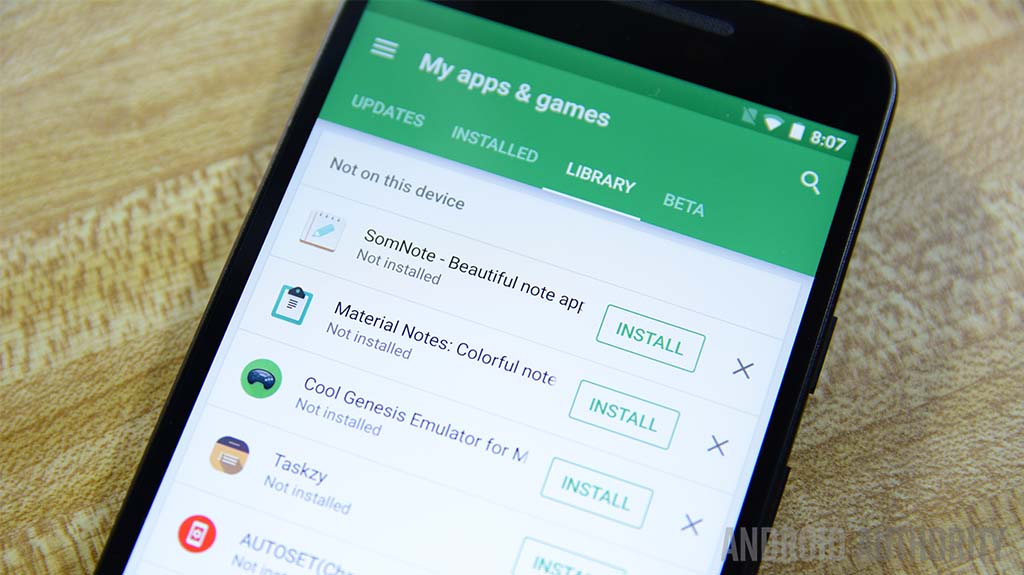Google removed 700K apps from the Play Store in 2017 for violating policies

- Google removed 700,000 apps from the Play Store in 2017 that had violated the store’s policies.
- That number was up 70 percent compared to 2016, but 99 percent of those apps were removed before anyone could install them.
- Of the apps removed in 2017, 250,000 of them were trying to emulate already released apps.
It seems we can’t go a few days without news about malicious apps popping up in the Google Play Store. However, it appears that Google is making inroads in taking out those kinds of apps before they are downloaded to the billions of Android users. Today, the company announced that it had removed 700,000 apps from the Google Play Store in 2017 that were found to be in violation of the store’s policies.
Google added that the number of apps removed last year was up 70 percent compared to the app removal numbers in 2016. In even better news, 99 percent of the apps that were taken down from the Play Store in 2017 were removed before anyone managed to download them from the store.
Of those 700,000 removed apps, Google said that almost a third of them (250,000) were taken down because the apps tried to emulate already released, legal apps in the Play Store. Other apps were removed for violating the Play Store’s content policies, including apps that showed pornography, extreme violence, hate speech, and illegal activities. Still more were removed because they contained malware and engaged in phishing activities. In those particular cases, Google said that the recent launch of its Google Play Protect program, which automatically scans apps for malicious activity, cut down on the number of app installs in that category greatly compared to 2016.
Google still admits that some malicious apps “still manage to evade and trick our layers of defense.” That certainly was the case for the 60 apps that were infected with the AdultSwine malware that was first reported a few weeks ago. Those apps tried to trick users into downloading fake antivirus apps, and some even showed pornographic images. The infected apps were downloaded up to 7 million times before they were removed from circulation by Google, after they were alerted to the threat by the Check Point security firm.
